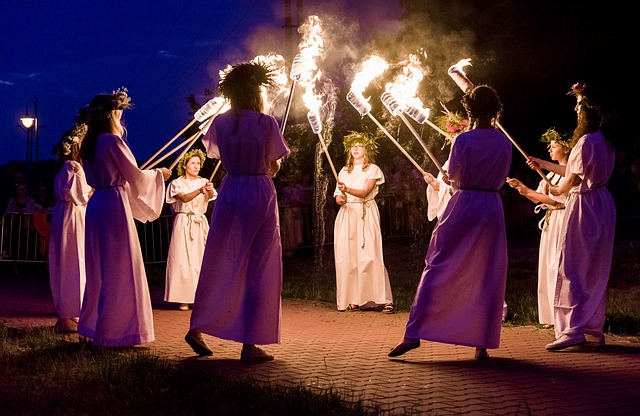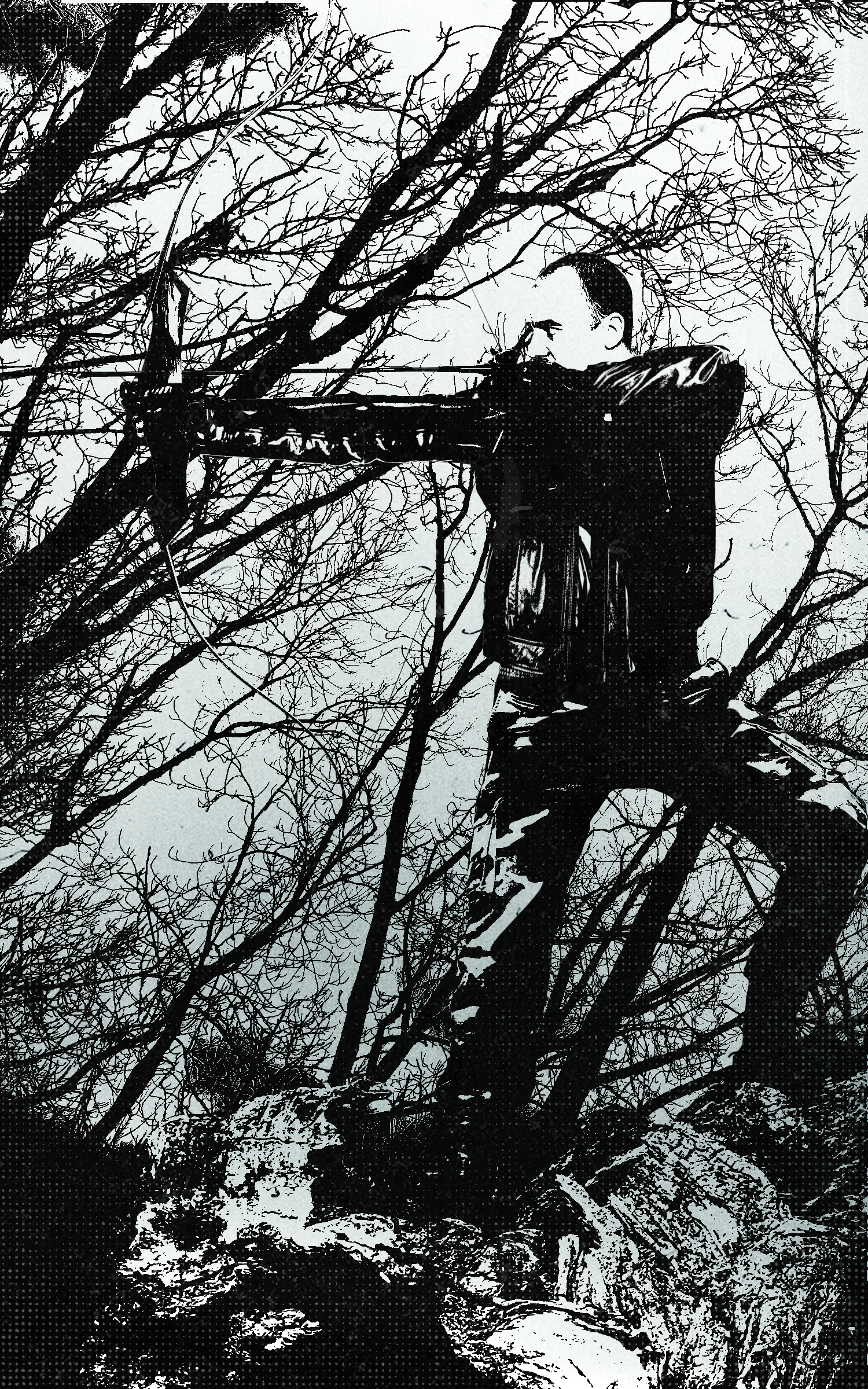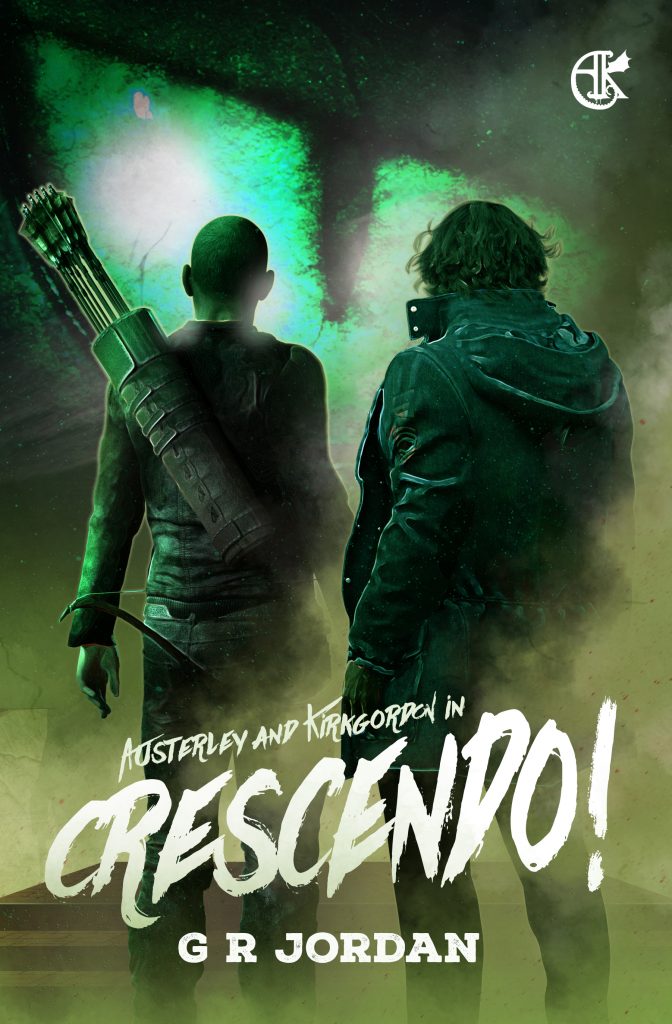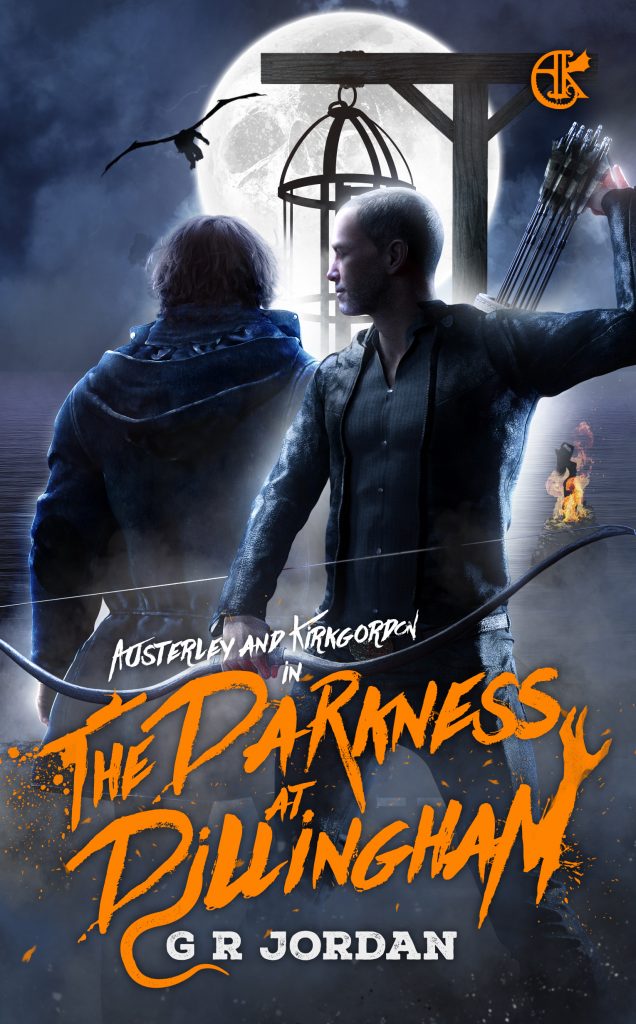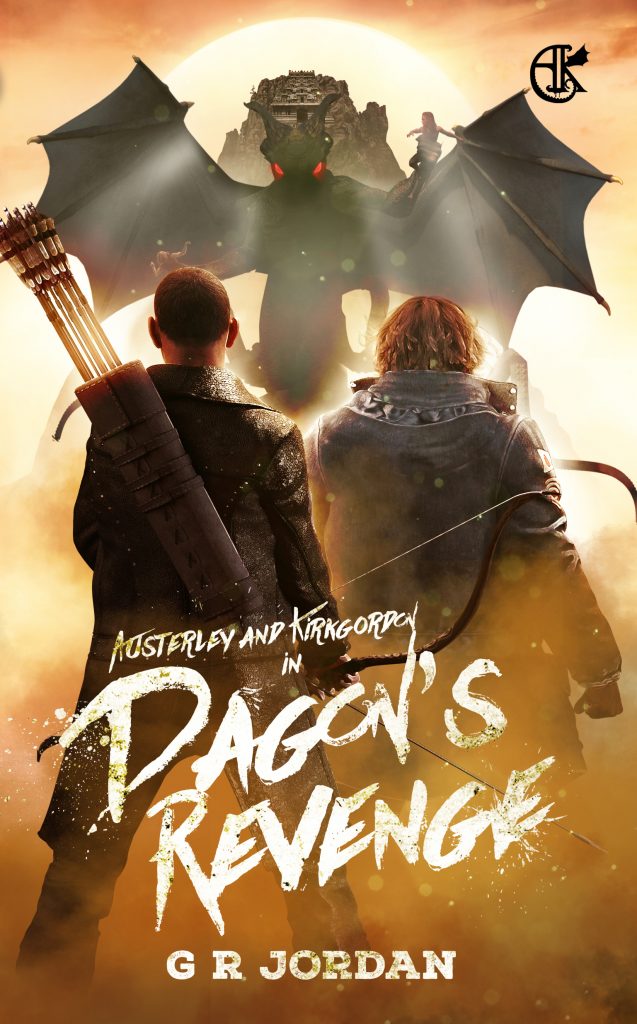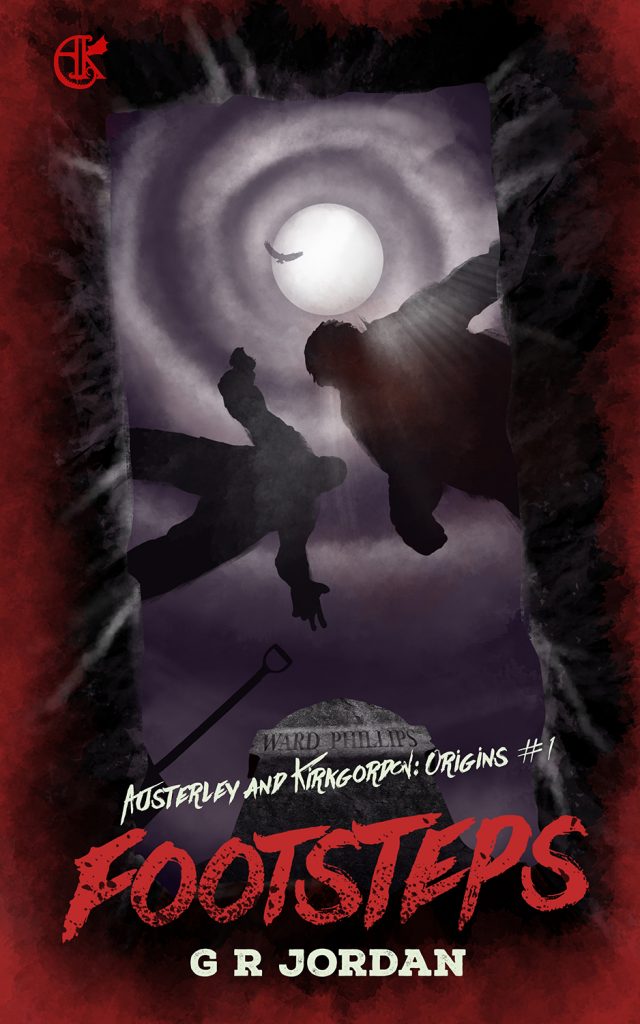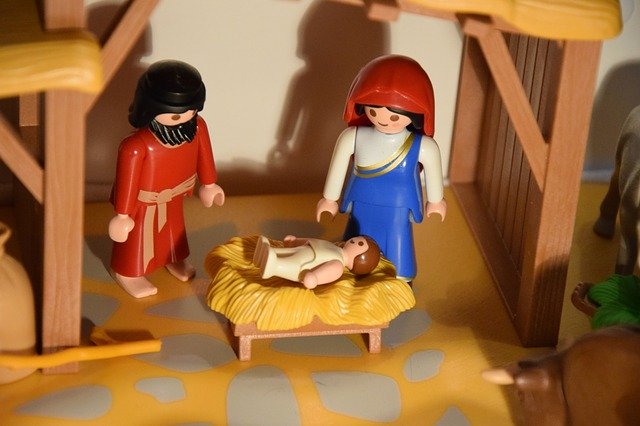

This year I am working over Christmas, and not the writing kind of work (although I may sneak a few words in here and there as ever). In my day job, I have been relatively fortunate to have avoided Christmas Day working over the last few years but this time around it’s my turn, and fair enough. This has necessitated the observance of the festival (man, that’s so formal sounding) a few days early so we can celebrate as a family. The upshot of this is that the rest of the family get two Christmas Days and I get a quiet house once I come off shift.
Being a shift worker, at this and other times of the year, has allowed me to see how everyone’s reality is different. For some, life is lived away from those they love with only brief visits home to look forward to. Others have a mechanical nine to five routine that seems to be rarely upset. For myself, working an eight day cycle into a seven day week, things are always fluid. Noone has the same life, work is often different, family is never the same and our own abilities vary vastly.
At this time of year, when we are meant to think about peace and understanding, it occurs to me how quick we are to judge someone else when we have no idea of their circumstances, rather assessing them as if their position was our own. As a writer it helps fuel conflict in stories, but in real life it leads to misunderstanding, anger and so often hate. If we are to live up to the Christmas ideal, we need to try and put ourselves in others shoes. But if we can’t then we need to simply accept other peoples’ struggles as the struggles they see them for, not as we see them.

In the Christmas nativity story, understanding the shock, fear and fortitude of a young mum to be requires an understanding of not just circumstance but also of the make up of the woman herself. To have gotten to know Mary would have allowed a better understanding, but from our dim view, it’s easy to misread the difficulty of the situation and turn the story into a simple fairy tale.
So this Christmas, try to look deep. But where we cannot see, then let’s make sure we are not filling the blanks up with soil from our own field.

